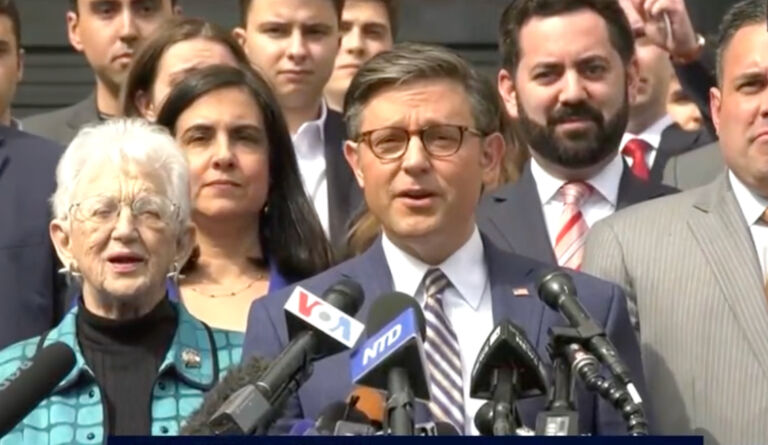Last week I had the honor of speaking in favor of occupational licensing reform before a legislative oversight committee (you can view my presentation here).
Among other things, I spoke of research findings that occupational licensing depressed employment growth in the regulated industry, and that it negatively affected entrepreneurship, which negatively affects the poor most keenly.
The Mercatus Center at George Mason University has released more research that buttresses these findings. A comprehensive study finds that "Countries with more burdensome entry regulations — that is, countries where red tape makes it harder to set up a business — tend to also have greater income inequality."
As stated in the summary (emphasis added):
Entry regulations require would-be members of a specific profession to pass exams or meet education or experience requirements in order to obtain a license to work. Proponents claim that such regulations might improve the quality of service, but most studies have shown that there is no relationship between licensing and quality. Entry regulations may, however, increase income inequality by corralling poorer workers into lower-paying, unregulated fields or forcing them to operate illegally and incur the higher costs of doing so. If entry regulations require expensive education, testing, and fees, workers may choose instead to accept jobs that pay less and don’t take full advantage of their skills.
A new study for the Mercatus Center at George Mason University examines the relationship between income inequality and the number of regulatory steps necessary to start a business. Looking at 175 countries and multiple variables, the study finds that there is a positive relationship between entry regulations and income inequality.
To be clear: By "positive relationship," it doesn’t mean good relationship. It means as entry regulations increase, so does income inequality. It also means if entry regulations fall, so would income inequality.
This newsletter (and the appendix of my Spotlight report on voluntary certification) previously discussed the implications of a recent report from the Arizona State University Center for the Study of Economic Liberty. Namely, that road-blocking the poor from entrepreneurial activity is doubly harmful.
The report, "How State Occupational Licensing Hinders Low-Income Entrepreneurship, by Stephen Slivinski, uses research findings to argue that entrepreneurship can be a ladder out of poverty for low-income individuals as well as a boon to low-income neighborhoods.
Here is an excerpt (with emphasis added):
Federal Reserve Bank of Kansas City economist Kelly Edmiston writes:
"Entrepreneurship may yield a double dividend in low and moderate income communities. Many of the retail and services establishments available in higher income areas, such as grocery stores, often are not available to low and moderate income people … [who also] face transportation challenges. Entrepreneurial activity not only provides income to the entrepreneurs and perhaps others in the community, but also provides needed goods and services."
Some studies have noted that large shares of entrepreneurs are centered in industries that rely on low-wage workers — often the type of workers who find themselves below the poverty line, making those potential workers the most likely new hires for an entrepreneur….
It is for these classes of families that entrepreneurial endeavors are the most important. Evidence of how entrepreneurship can be a ladder out of poverty comes from the Aspen Institute. Researchers there conducted a five-year survey in the mid-1990s, following more than 1,500 low-income entrepreneurs across the nation. Close to three-fourths (72%) of those low-income entrepreneurs experienced an increase in their household income between $8,000 and $22,374. Their household assets increased by an average of more than $15,000 over five years. Perhaps most impressive, more than half (53%) had moved out of poverty in five years. Additionally, those who were on welfare before becoming entrepreneurs were able to generate enough income on their own that, on average, the amount of public assistance they accepted declined by 61 percent
Entry regulations, especially occupational licensing, stand in the way. Slivinski ranked North Carolina tied for 13th highest among the states in percentage of low-income occupations licensed. So interest in reforming licensure here is very welcome.
Click here for the Rights & Regulation Update archive.
You can unsubscribe to this and all future e-mails from the John Locke Foundation by clicking the "Manage Subscriptions" button at the top of this newsletter.


